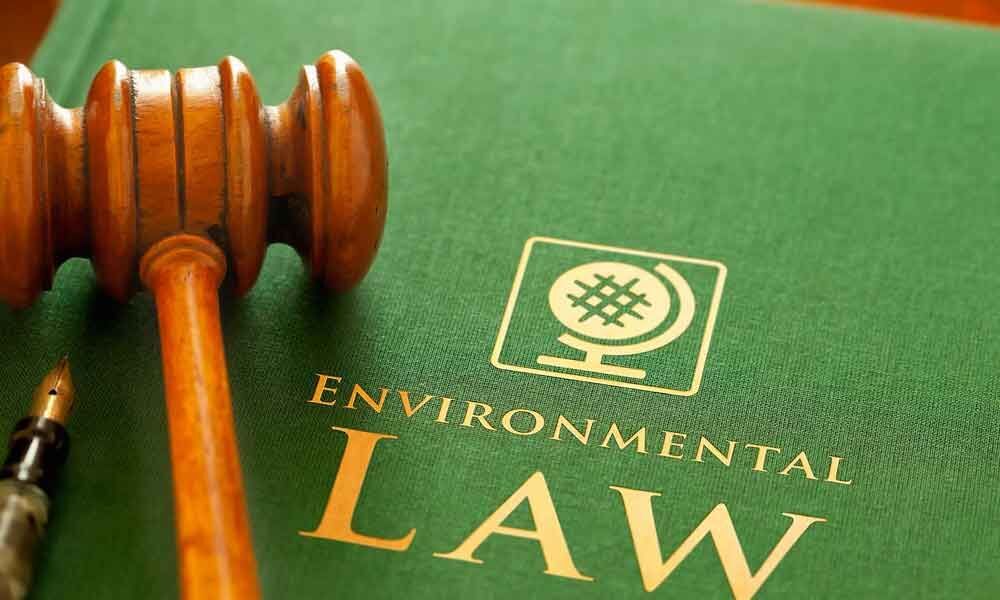Environmental law and climate change policies are two interconnected aspects that are critical to the overall well-being of our planet. Climate change is a global issue that is affecting every living organism on earth. The effects of climate change can be felt in different ways, such as rising sea levels, extreme weather patterns, and natural disasters. Environmental law, on the other hand, is a legal framework that regulates human activities that impact the environment.
What is Environmental Law?
Environmental law is a set of legal rules and regulations that aim to protect the environment and natural resources from degradation and pollution. The law defines the rights and responsibilities of individuals, organizations, and governments in relation to the environment. Environmental law covers a broad range of issues, including air and water pollution, waste management, land use, and biodiversity conservation.
What are Climate Change Policies?

Climate change policies are actions taken by governments to address the challenges of climate change. These policies aim to reduce greenhouse gas emissions, promote the use of renewable energy, and encourage sustainable practices. Climate change policies are essential to mitigate the impacts of climate change and ensure a sustainable future for generations to come.
The Intersection of Environmental Law and Climate Change Policies
The intersection of environmental law and climate change policies is critical to achieving sustainable development. Environmental law provides the legal framework for climate change policies to be implemented. Climate change policies, in turn, provide the necessary direction for environmental law to be effective. The two are interdependent and work together to achieve common goals.
For example, environmental laws provide the legal basis for the establishment of emissions standards and regulations. Climate change policies, on the other hand, provide the direction for reducing greenhouse gas emissions and promoting the use of renewable energy. By working together, environmental law and climate change policies can create a sustainable future for all.
The Importance of Environmental Law and Climate Change Policies
Environmental law and climate change policies are essential in addressing the challenges of climate change. Without effective laws and policies, the impacts of climate change will continue to worsen, affecting the lives of people and the environment. Environmental law provides a legal framework for regulating human activities that impact the environment, while climate change policies provide a direction for reducing greenhouse gas emissions and promoting sustainable practices.
Moreover, environmental law and climate change policies can create economic opportunities. The transition to a low-carbon economy can create new jobs and boost economic growth. Climate change policies can also encourage innovation and the development of new technologies.
The intersection of environmental law and climate change policies is critical to mitigating the impacts of climate change and achieving sustainable development. Environmental law provides the legal framework for climate change policies to be implemented, while climate change policies provide the direction for environmental law to be effective. The two are interdependent and work together to achieve common goals. It is essential to continue to strengthen environmental law and climate change policies to create a sustainable future for all.

